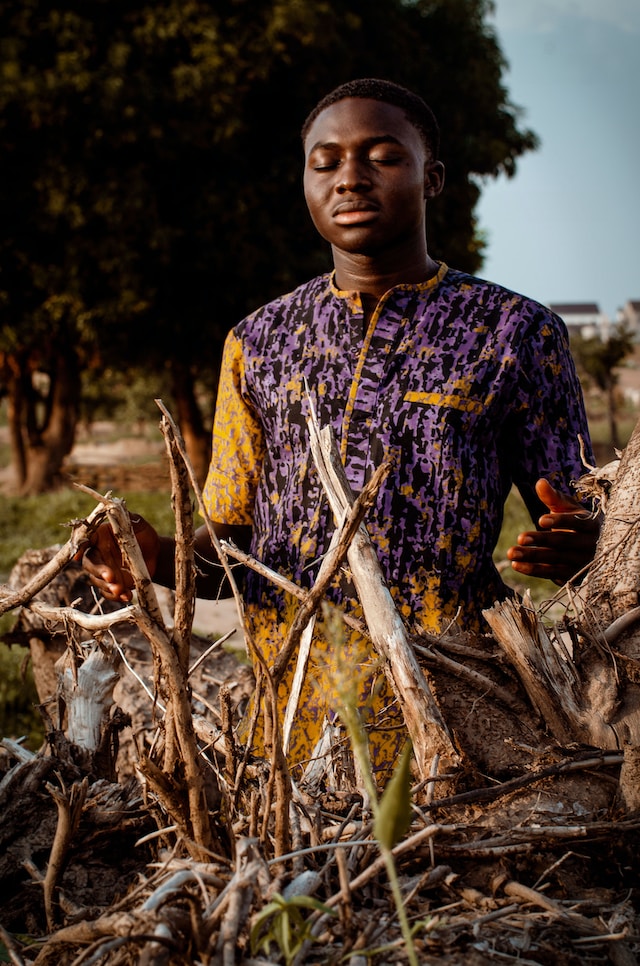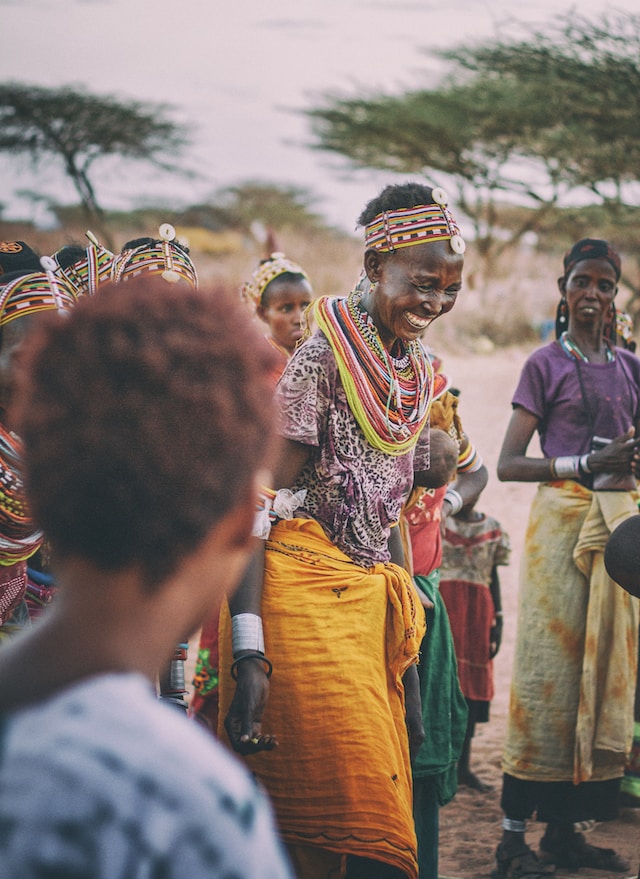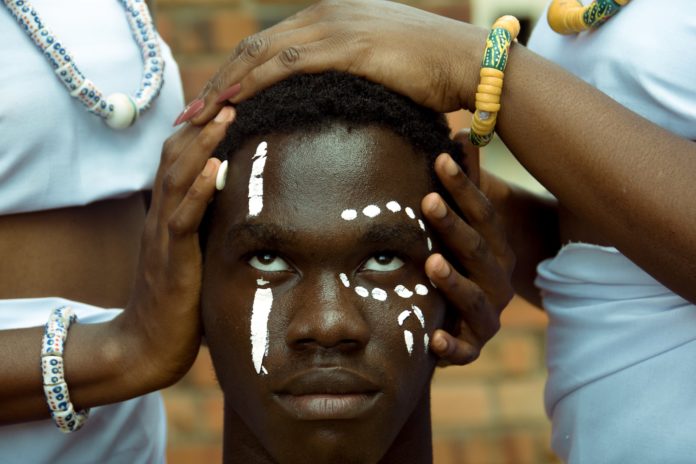Africa, the world’s second-largest continent, is not only renowned for its stunning landscapes, diverse cultures, and vibrant communities but also for its rich tapestry of indigenous spiritual beliefs and practices. These ancient traditions have deep historical roots and continue to play a significant role in the lives of millions of Africans. In this article, we will embark on a journey to explore the fascinating world of African indigenous spirituality and traditions, delving into their origins, key beliefs, and contemporary relevance.
The Diversity of African Indigenous Beliefs
Africa is a continent of immense diversity, both culturally and spiritually. With over 2,000 distinct ethnic groups and languages, it’s no surprise that there is a vast array of indigenous belief systems across the continent. While each community has its unique practices, several common themes and beliefs run through many African indigenous religions:
Ancestral Worship
Ancestral worship is a central pillar of African indigenous spirituality. It involves honoring and communing with the spirits of deceased ancestors who are believed to continue to influence the lives of their descendants. Ancestors are revered for their wisdom, guidance, and protection.

Connection to Nature
African indigenous beliefs are deeply rooted in the natural world. Many African communities have a profound connection to their environment, considering nature as sacred. Trees, rivers, mountains, and animals often hold spiritual significance.
Oral Tradition
Much of African indigenous spirituality is transmitted through oral tradition, including storytelling, songs, and rituals. Elders play a crucial role in passing down these traditions to younger generations.
Rituals and Ceremonies
Rituals and ceremonies are an integral part of African indigenous beliefs. These can include initiations, healing ceremonies, rites of passage, and celebrations of harvest or seasons. Rituals often involve dance, music, and the use of specific symbols or objects.
Animism
Many African indigenous belief systems are animistic, attributing consciousness and spiritual significance to various elements of the natural world, such as rocks, trees, and animals. This belief underlines the interconnectedness of all living things.
The Role of Spiritual Leaders
African indigenous communities typically have spiritual leaders who act as intermediaries between the human and spiritual realms. These leaders go by different names in various regions, such as shamans, healers, or diviners. They hold essential roles in performing rituals, offering guidance, and providing healing.
Indigenous Belief Systems Across Africa
To truly appreciate the depth and diversity of African indigenous beliefs, let’s explore a few examples from different regions of the continent:
Yoruba Religion (Nigeria, Benin, and Togo)
The Yoruba people practice a religion known as “Yoruba religion” or “Ifá-Orisha.” Central to their beliefs is a pantheon of deities (Orishas) who serve as intermediaries between humans and the supreme god, Olodumare. Rituals, divination, and sacrifices are essential aspects of Yoruba spirituality.
Akan Religion (Ghana, Ivory Coast)
The Akan people have a rich spiritual tradition that includes the veneration of ancestors and nature spirits. They believe in a supreme god called Nyame and worship various deities, such as Ananse and Abosom. Akan religious practices often involve the use of sacred objects and symbols.
San Religion (Southern Africa)
The San people, often referred to as Bushmen, practice a form of indigenous spirituality deeply connected to the natural world. They believe in a supreme god, /Kaggen, and maintain a harmonious relationship with the land, animals, and plants through rituals and trance dances.
Dinka Religion (South Sudan)
The Dinka people of South Sudan have a belief system centered on the spirit of Nhialic. They believe that Nhialic controls the universe and communicates with humans through spirits. Rituals and sacrifices are conducted to seek Nhialic’s favor and guidance.
Dogon Religion (Mali)
The Dogon people have a complex belief system that revolves around the worship of a creator god, Amma, and ancestral spirits known as Nommo. They are known for their intricate knowledge of astronomy and their spiritual connection to the cosmos.
The Continuation of Indigenous Beliefs
In the face of modernization, urbanization, and the spread of organized religions like Christianity and Islam, African indigenous beliefs continue to thrive. They have adapted to changing times while preserving their core principles. Here are some reasons for their enduring significance:
Cultural Identity
African indigenous beliefs are deeply ingrained in the cultural fabric of communities. They serve as a source of cultural identity and pride, reinforcing the uniqueness of each group.

Community Cohesion
Indigenous belief systems often emphasize communal values, cooperation, and social cohesion. They play a crucial role in maintaining a sense of unity and belonging within communities.
Holistic Approach to Well-being
These belief systems promote holistic well-being, addressing not only physical health but also mental, emotional, and spiritual aspects. Healing practices, rituals, and ceremonies contribute to overall wellness.
Environmental Stewardship
African indigenous beliefs foster a profound respect for the environment. Many communities are actively engaged in preserving natural resources and combating environmental degradation.
Challenges and Contemporary Relevance
While African indigenous beliefs are resilient, they also face challenges. Modernization, globalization, and the influence of other religions can lead to a decline in traditional practices. Additionally, misconceptions and stereotypes about indigenous beliefs persist.
However, there is a growing recognition of the value of indigenous knowledge and spirituality. Efforts are being made to preserve and promote these traditions. Some African countries have incorporated aspects of indigenous spirituality into their cultural and educational curricula.
African indigenous beliefs continue to inspire art, literature, and cultural expressions. They are celebrated in festivals, music, and visual arts, contributing to the vibrant tapestry of African culture.
In conclusion, African indigenous beliefs and practices are a testament to the continent’s rich heritage and cultural diversity. These belief systems offer profound insights into humanity’s relationship with nature, community, and the divine. As Africa navigates the complexities of the modern world, its indigenous spirituality remains a source of wisdom, resilience, and cultural pride—a legacy to be cherished and preserved for generations to come.




